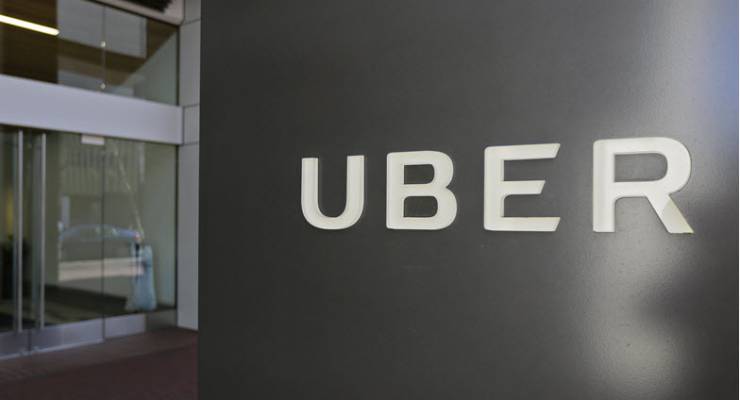
Last week, Broadsheet Perth and the ABC ran a story about a new labour hire app called Squaddle, which the ABC referred to as the “Uber of hospitality.” The app allows “contractors” to bid for work at restaurants and bars to fill last-minute staffing gaps. The ABC tells us:
“The app … allows hospitality businesses to post a job or gig and then access a pool of skilled local workers who provide their own quotes for the service. Business owners can view the contractor’s work history, skills and peer ratings before awarding the gig.”
It’s free for businesses to register, but contractors are charged an administration fee for each “gig” they complete. Agile and innovative and thoroughly modern, no doubt. But is it legal?
A contractor functions as a business — they take on the risk of making a profit or loss and they aren’t covered by laws providing for minimum wage, leave or unfair dismissal. Essentially, an independent contractor takes on all the liabilities of a business and loses all the protections afforded to an employee. Just who has responsibility for things like insurance and ensuring workplace safety becomes messy.
“A prohibition against what’s called sham contracting was brought in with the Fair Work Act,” UTS industrial relations associate professor Sarah Kaine told Crikey. “ It’s to prevent people who are actually employees from being treated as though they are independent contractors.”
A real contractor has control over how to do a job and is rarely engaged on any ongoing basis. A simplified example: a business hires a contractor to paint its premises. That contractor provides all her own material and equipment, has total control over how she gets it done, and can paint as many other businesses as she likes. Once the job is done, the contract is over.
Although the number of criteria that have to be considered in deciding whether someone is a contractor makes black and white judgements difficult, hospitality work has never traditionally been done by contractors. They are not highly skilled, well paid professionals with autonomy over where and when they work — they have to work set hours, they usually have to wear a uniform, and they have to comply with workplace policies. And even when they’re engaged as employees, they’re consistently and badly underpaid.
“It seems strange that you would try to class a bar worker of some kind of entrepreneurial contractor, trading with a number of different businesses,” Kaine said.
Squaddle co-founder Adam Sarris told Crikey the company sought extensive legal advice to ensure the business model was compliant with sham contracting laws.
A 2015 High Court decision confirmed that third party labour hire arrangements aren’t exempt from these rules. Traditionally labour hire companies have avoided sham contracting by actually employing the staff they send out to other businesses. Uber, Airtasker, Deliveroo and Foodora have all blurred the lines between traditional employee and contractor arrangements, and there has been no real attempt to update the existing laws to regulate them.
Sarris said current workplace legislation was out of date.
“The current industrial relations system is lagging behind the pace of technology and the flexible working arrangements demanded by both contractors and businesses that use them,” he said.
“There is a growing preference amongst workers in Australia to have freedom and autonomy when it comes to how they earn a living.”
Kaine says there has been no movement to update laws in response to changes in the workplace, and it often took a major scandal to bring about that kind of action — she points to the Fair Work Amendment (Protecting Vulnerable Workers) Bill currently before the Senate Standing Committee on Education and Employment, which came about after a series of pay scandals at various franchises.
“It’s not exactly the same, but the recent cases against 7-Eleven and Dominos shows that there has been some movement from the government, albeit highly belated, to regulate more complex, less traditional employment arrangements, ” Kaine said.
Kaine suspects it will take something similar for gig economy apps be similarly regulated.
“Unfortunately, I think you’re going to have to see widespread underpayments, or worse, someone getting hurt at work before there’s any action.”








Lord, there are real industrial earthquakes pending if the crippling Uber model starts to shape-shift.
And of course the fee is paid by the worker, not by the much more moneyed employer.
What doe this remind me of – desperate men on the Hungry Mile or any other wharf fighting for one of the tokens (aka ‘rings’) for a day’s work.
Not so much a race to the bottom but a grovel.
“There is a growing preference amongst workers in Australia to have freedom and autonomy when it comes to how they earn a living.”
[citation needed]
This is a case of technology catching up with WorkChoices.